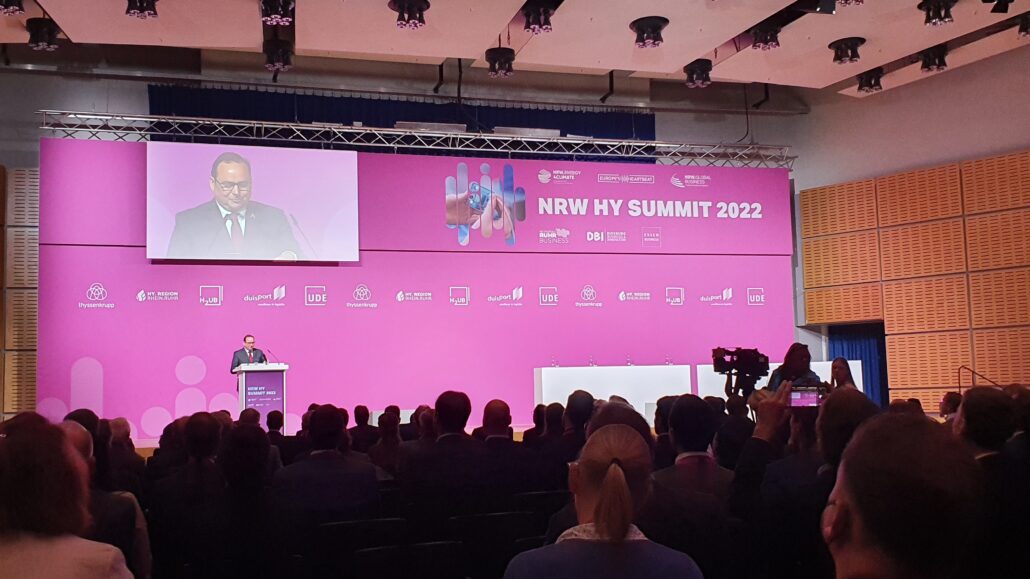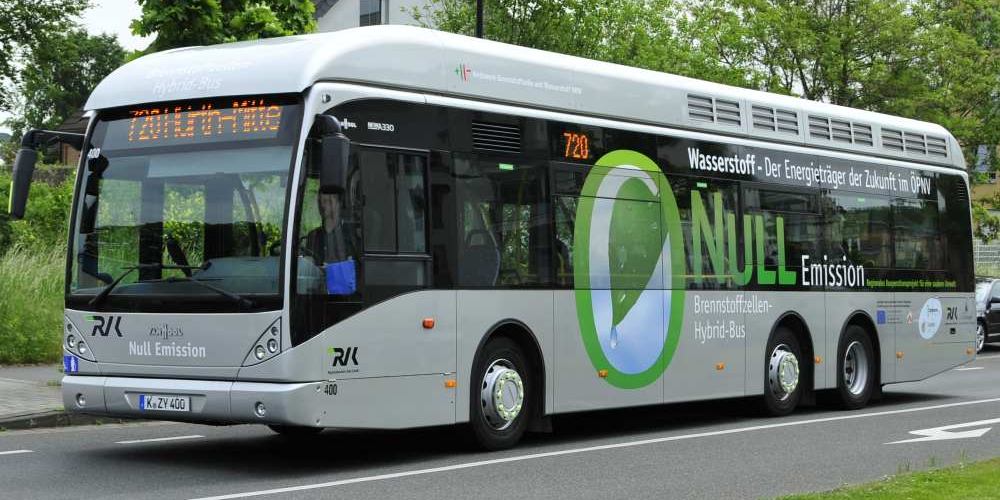Guest Author – Clara Brando, Alexander von Humboldt Foundation fellow – Reviewed by Tu My Tran and Matteo Bizzotto
Renewable Energy Sector in Germany and North-Rhein Westphalia
The 2010 Energiekonzept, published by the German Federal Government, confirms Germany’s commitment towards reducing greenhouse gas (GHG), pointing out that emissions reduction should reach 80-90% by 2050, compared to 1990. The publication states that, at the same time, 80% of the electricity consumed in the country should come from renewable sources. This eventually led to the recent shutting down of 14 reactors of nuclear power in Germany, making the proportion of nuclear energy provision sink from 25% to 6% in October 2022, according to the World Nuclear Association.
In 2016, following the Paris Agreement’s commitment to pursuing efforts to limit the temperature increase to 1,5º C above pre-industrial levels, Germany launched the Climate Action Plan 2050, based on contributions from public managers, organized civil society, and citizens. The plan covers the sectors of energy, buildings, transport, industry, agriculture, land use, and forestry and sets guiding principles and milestones. The main goal is to reduce emissions by at least 55% by 2030.
The German State of North Rhein-Westphalia (NRW) is home to a diverse scientific landscape, with over 250 research institutes and 22 universities in the Ruhr Area alone. Additionally, NRW possesses existing pipeline infrastructure that can be adapted for hydrogen transportation. These factors make NRW a key player in developing and utilizing hydrogen as a renewable energy source.




